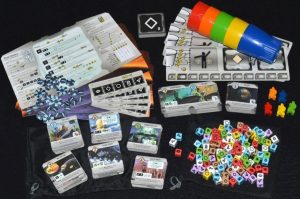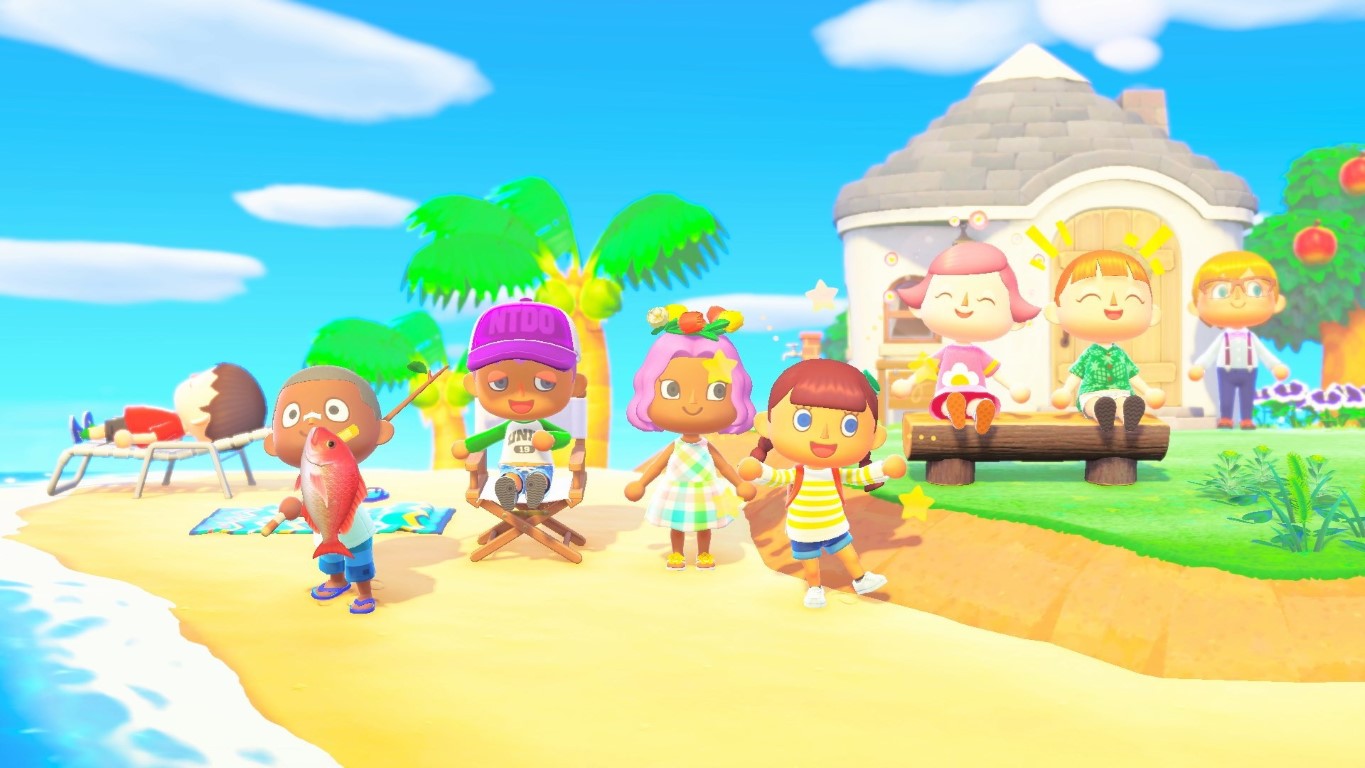
‘Roll for the Galaxy’ board game review
By Lauren Kelly, Graphics Manager
5/5
Roll for the Galaxy is a board game for two to five players in which you work to build a better space colony than your opponents. You can choose what aspects of building your colony you focus on—will you expand and settle more planets? Will you develop new technologies to service your colony? Will you build a large shipping network? If you use your resources and workers properly, all of these are possible roads to victory.
At first glance, Roll for the Galaxy looks overwhelming. With over 100 dice, dozens of tiles, cups, dividers, and all the other bits and pieces, it seems like it will take many tries to understand. However, the game is incredibly intuitive. The first time I played it, I’d picked up how it worked very early on in the game, and everyone I’ve taught it to since has understood it completely after the first game (even if they were under the influence of something). Each game takes less than 30 minutes, so this is a small time investment to get everyone on board.
So how does it work? Each die acts as a “worker” who you pay to do various jobs. There are five phases—explore, develop, settle, produce, and ship—each with matching symbols that appear on the dice. You start with white dice but can get different coloured ones throughout the game, and each colour has its own layout and distribution of phases. For example, military (red) dice have many develop and settle symbols on them, and consumption (purple) dice have many produce and ship symbols. In each round you roll your dice to see what kind of jobs your workers can do, assign them to phases, and then spend the money you earn to pay the workers so you can roll them again. Getting dice that match your strategy will help you greatly, as will adapting your strategy to match your resources.
Much of the gameplay revolves around settling planets and building developments, which have abilities attached to them. For example, a planet might say, “When you place this planet, put two Military (red) die in your citizenry.” Alternatively, you may get a development that gives you an extra Victory Point for each different colour of dice you have. By developing and settling the right tiles, you can build a colony that works well together and nets you a lot of Victory Points and the win.
There’s just something special about Roll for the Galaxy. Each time I played it, everyone had a great time and wanted to start another game immediately after. No one was upset about losing because the game is fairly insular—most of the interaction you do is with your own board, so you can’t really screw anyone over. The game is a blast to play, and all the elements come together to make a pretty amazing product. I would recommend it to any play group because there’s a lot to love here.


